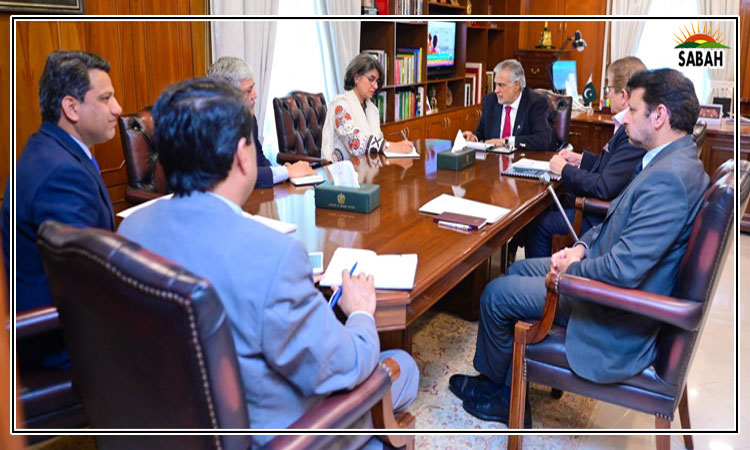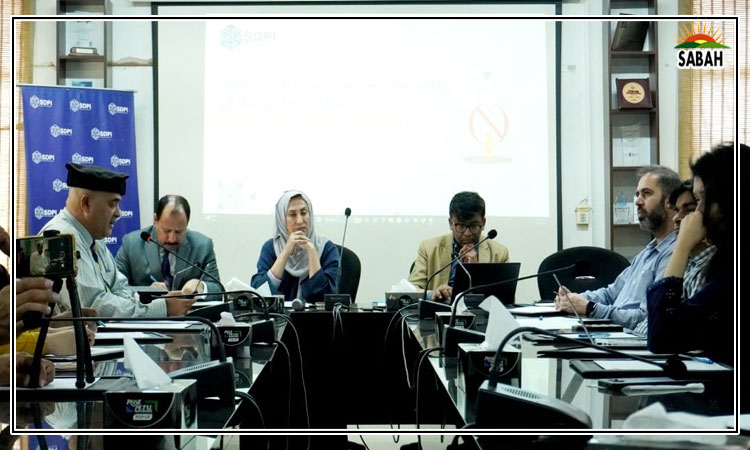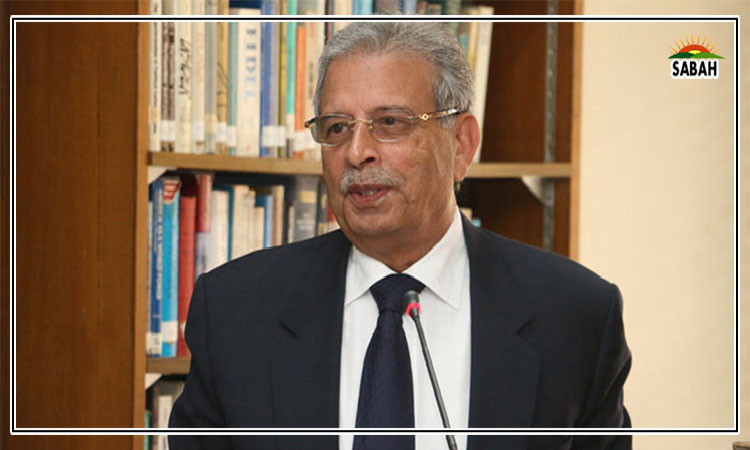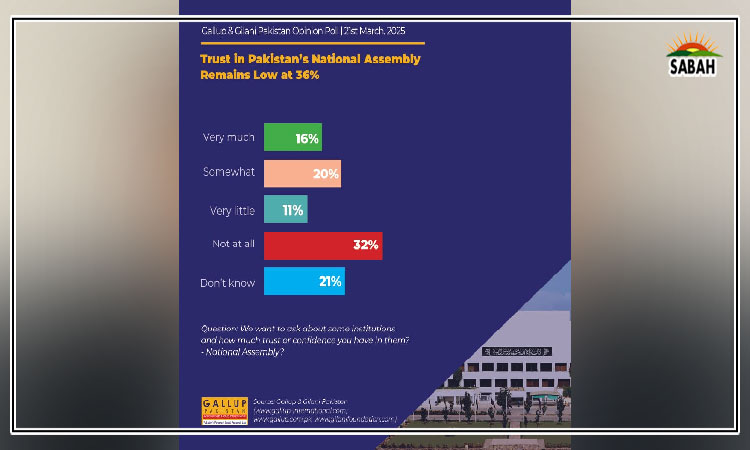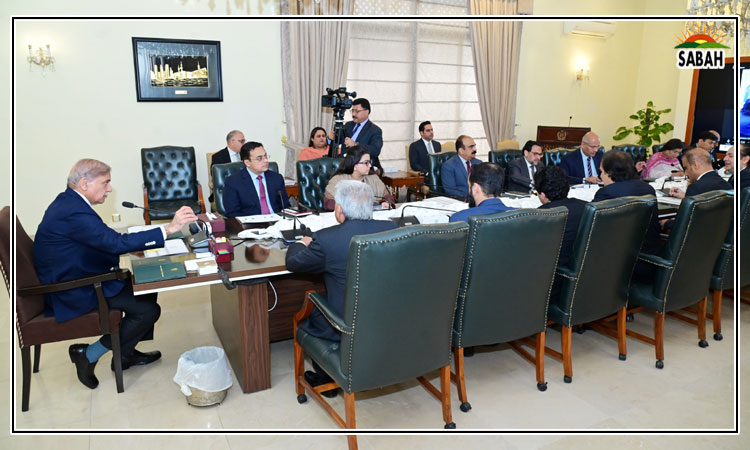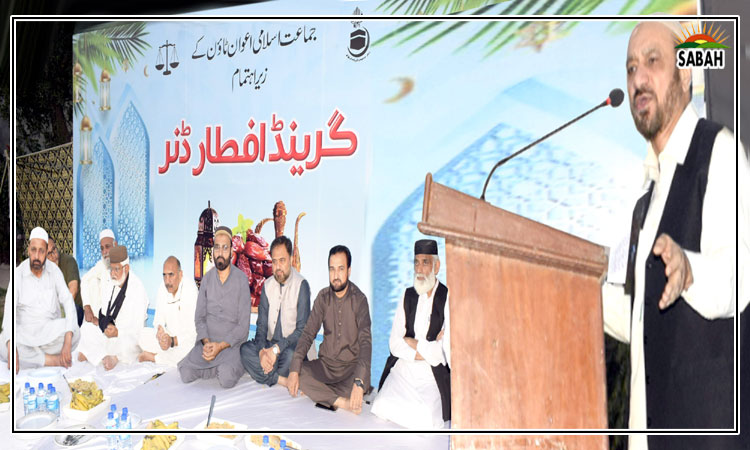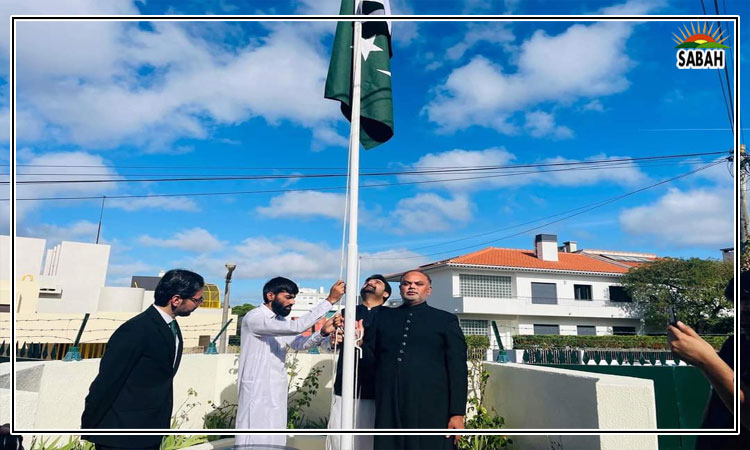Befits the bill …. Shahzad Sharjeel
UTILITY bills will not decrease, and natural gas outages and electricity loadshedding will continue until we hold ourselves and all state and government components accountable. The right questions, policies, and priorities will make Pakistan sustainable. We can’t rob the coming generations of their future.
Not a day passes without a new saviour appearing on the horizon, promising the moon. A litany of snake oil salesmen is peddling ‘to pay or not to pay electricity bills’ as the existential question. A do-gooder is making bids for K-Electric through video shorts. All that stands between long-suffering Karachiites and an affordable and reliable power supply is for someone to tell him how power companies are acquired, he proclaims.
Many an adviser to the Ministry of Finance can regale you with stories of shysters willing to pay the entire national debt if the ministry issues them a letter of support. The surest way of getting rid of these bleeding-heart patriots is to ask them to deposit a letter of guarantee worth only a million dollars.
Returning to the latest superhero to the rescue, after you get over his chutzpah, one wants to ask, ‘Really! K-Electric? The same entity that Shanghai Electric could not buy?’ He would buy it and run it like a soup kitchen.
We are not asking the right questions about power woes.
A legislator’s speech is also making the rounds. The MNA raves and rants about ‘bias’ against Sindh, which causes 18-hour-long power outages. The legislator is also livid at the buck being passed to the masses for electricity theft and non-payment of bills. Such bravado is possible because we are all accomplices in allowing the situation to come to this.
Who does not know of rural electrification schemes for sparsely populated hamlets across the country incurring infrastructure costs running into hundreds of millions, line losses, and theft? Rural areas have as much right to essential amenities as anyone in the country, but how come everyone plays along as if free lunches exist? These schemes are aimed at getting votes. The constituents believe they elect their representatives to get subsidised, if not free, electricity, teaching jobs, transfers and postings, and to sort out matters with the local police.
To cut to the chase, we behave silly because it suits us. We have not asked the questions that we should have, for instance, ‘why does my village have to get electricity from the national grid?’ ‘Why can’t more localised solutions like run-of-river, small hydro generation, and renewables like wind and solar energy be used? Why should K-Electric be allowed to keep its generation plants idle and demand the national grid provide cheaper hydro units?
Governments are responsible for ensuring the energy portfolio has the right mix of renewables and hydrocarbons to balance tariffs and the environment. Have citizens ever asked which government should be making these policies? Why the federal government and why not the provincial?
Why should Iesco consumers pick up the tab for AJK? Because it involves strategic interests? But the interests are national, aren’t they? Shouldn’t consumers everywhere in the country shoulder this responsibility then? Why should K-Electric consumers bear the brunt if Hesco cannot collect bills? If Pesco suspends transmission upon non-payment of bills, how can the PTI government force it to resume power supply to defaulting consumers?
If KP feels shortchanged on royalty for the hydroelectricity generated there and supplied across the country, why are its grievances not addressed? In the same vein, Balochistan and Sindh enable access to the sea for the rest of the country; why shouldn’t their residents get credit points for every good that passes through their ports for transmission northward and to Afghanistan? These credits can then be traded with the Punjab, KP and AJK governments against the liquid gold they so graciously allow to flow through their territories to lower riparian provinces.
None of this is meant to sow discord among the citizens or the provincial and federal entities. By now, we should all know that life offers no solutions; it only has trade-offs. We are not paying through our noses for utilities but for our individual and collective decisions. Never mind the energy pipelines crisscrossing the region and the cheaper hydroelectricity from Central Asia; until we turn off the militancy taps, the investment environment will remain unconducive. If we want to resent debt servicing, we should follow up with questions about whether the loans were spent on human development or fireworks. If we don’t ask the right questions, we will remain on the dole even if we strike oil. India earned more in software and related services exports in 2021 than Saudi Arabia did in oil.
The writer is a poet. His latest publication is a collection of satire essays titled Rindana.
[shahzadsharjeel1@gmail.com][1]
Courtesy Dawn, July 13th, 2024


